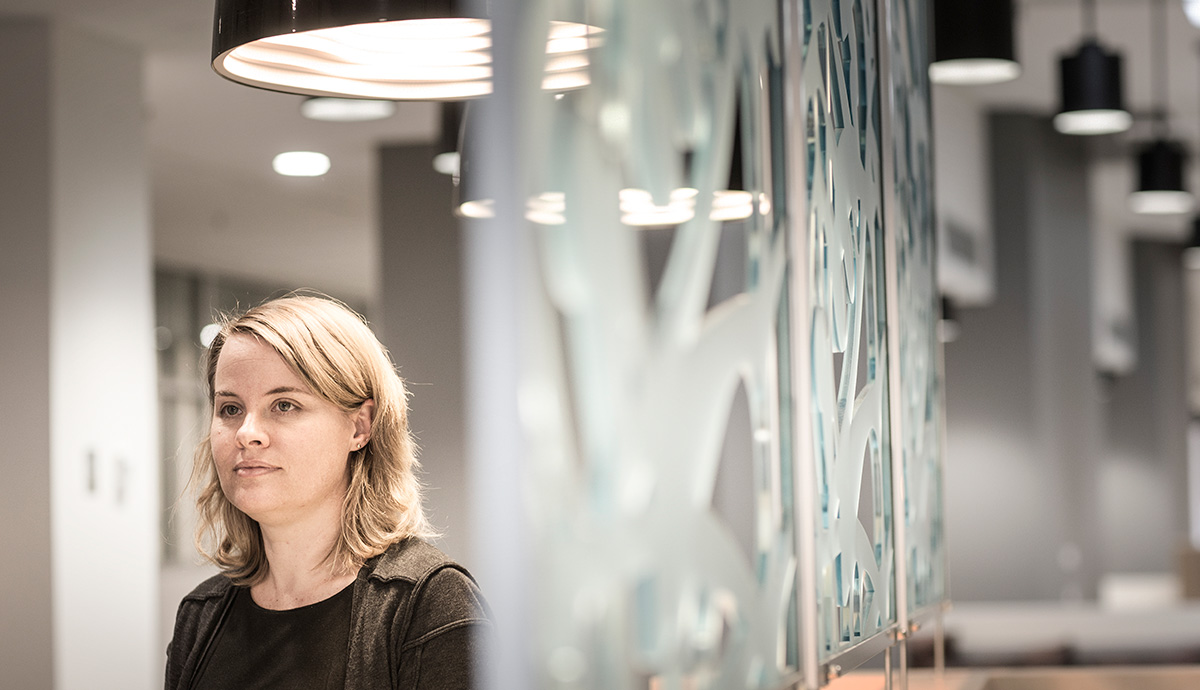August 3, 2015
Closing the digital literacy gap in kids
Australian children may not be as tech-savvy as once thought, according to a UOW education expert.
Professor Sue Bennett, from UOW’s Faculty of Social Sciences and the Early Start Research Institute, is one of 12 recently promoted and appointed professors who will be sharing their research with the public and industry at the second UOW Big Ideas Festival on 25 August.
“Young people today are often referred to as ‘digital natives’,” Professor Bennett said.
“The label makes intuitive sense because young people have grown up surrounded by digital technology and seem to be constantly engaged with their computers, phones and other devices. But research has told us a different story.”
After ten years of studying young people from primary, secondary all the way through to university level, Professor Bennett has found a large disparity in their technological skills.
“Young people have an array of informal learning experiences outside of school that can have a big impact on what they bring to the classroom in terms of their technology skills and knowledge but also their attitudes to technology, particularly what technology is for and what it can help with.”
Professor Bennett found that socioeconomic status plays a big role in the types of skills students end up being able to demonstrate at school.
“Students from middle class backgrounds tend to see a wider range of technology use outside of school. For example, those students are more likely to have one or both parents working in professional occupations. So they’re more likely to see their parents using computers for work when they come home.”
In comparison, young people from disadvantaged backgrounds tend to see technology used only for entertainment purposes at home.
“Students with professional parents learn that computers are helpful for work and useful skills like how to search for information online. This matches the type of things they are required to do at school, so they have a head start.”
“Some young people also work with computers as part of a family business. So being involved even in a small way provides them with another perspective.”
Professor Bennett is now looking for ways in which schools can address the inequality in digital literacy.
“Our research shows that some parents and teachers are already doing things that can help,” she said.
“Parents don’t have to be tech experts to pass on some of the things they know about formatting documents or searching on the internet. Encouraging children to do creative activities on the computer, like making slideshows of holiday photos, encourage them to build their skills too.
“Teachers can help by actively connecting with children’s technology interests and then aligning them with school activities. And schools help to build basic skills rather than expect children know them already.”
The Big Ideas Festival will be held on Tuesday 25 August from 5pm to 9pm at the UOW University Hall. Register to attend this free event.
Professor Sue Bennett biography
Professor Bennett’s area of expertise is in information and communication technologies in education. Her research investigates how people engage with technology in their everyday lives and in educational settings. She has extensive experience in the design, development and evaluation of multimedia and on-line instructional materials developed for both university and commercial clients. Prior to joining the UOW, she managed the Interactive Multimedia Unit at Central Queensland University. She previously held positions at Griffith University, the Australian National University and the University of Canberra.
